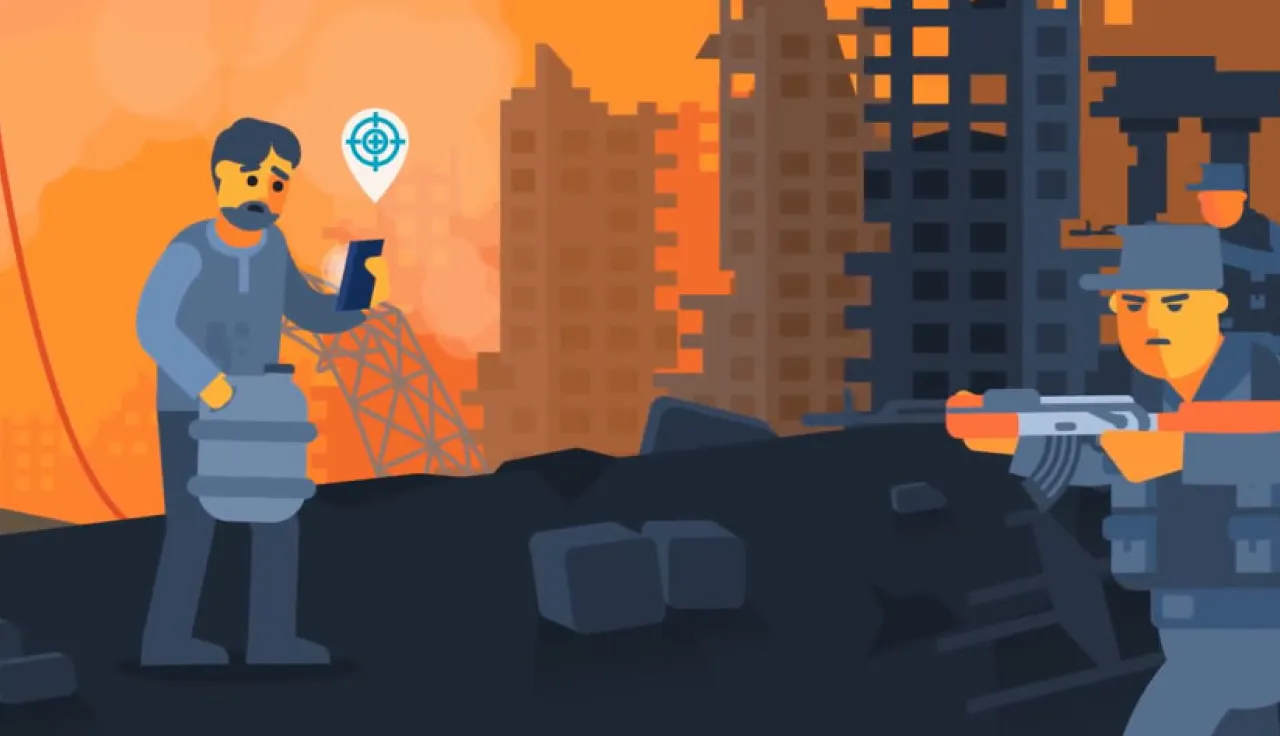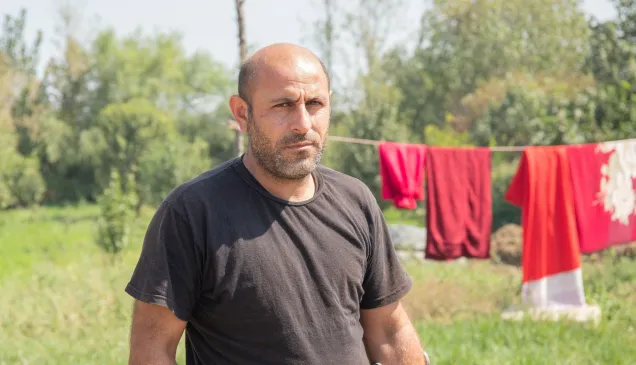Being accountable to people affected by armed conflicts

The ICRC and the Harvard Humanitarian Initiative (HHI) launched a joint discussion paper that provides recommendations for humanitarian organisations and donors in today's digital era.
This 3 minute animation, produced with Kurzgesagt,tries to summarize what happens when crises-affected people’s access to information and communication is jeopardized.
Over the last decade, important progress has been made in setting up more systematic, predictable, and evidence-based two-way communication to better engage with, and be accountable to, people affected by natural disasters. However, the implications and opportunities around engaging with people in armed conflicts and other situations of violence are not as well-known or documented.
To contribute towards filling this gap, the ICRC and the HHI are publishing a joint discussion paper, Engaging with people affected by armed conflicts and other situations of violence: Recommendations for humanitarian organizations and donors in the digital era.
"A lot has been said around the what or the why behind community engagement and accountability to affected people," said Peter Maurer, President of the ICRC. "What we think is missing, particularly when it comes to armed conflict and other situations of violence, is the how: what does it mean to really listen to people and accurately respond to their needs? How can we open up our work practices to become more agile and flexible? These are key questions we must consider if we are to ensure the promise of accountability becomes a reality."
Based on a review of the relevant literature and interviews with representatives of the humanitarian sector, donors, and community-based organizations, the paper offers an overview of how the humanitarian community currently engages with people affected by armed conflict and violence; a review of the opportunities and challenges for meaningful engagement; and a series of recommendations for both humanitarian organizations and donors.
This 4 minute video summarizes the executive summary.
“Institutional resistance to change, operational constraints, the complex integration of localization processes, the fear of devolving power and decision-making - especially in areas affected by conflict and violence… All of these continue to prevent effective and meaningful engagement and accountability between affected people and humanitarians,” said Patrick Vinck, lead researcher of the paper and HHI's Director of Research. “This needs to change, and most of the people we spoke with want it to change.”
To mark the paper’s launch, a panel discussion took place on 28 March 2018, at the ICRC Humanitarium in Geneva. Maurer opened the discussion with a keynote address. Panellists included senior representatives from the CHS Alliance, the IRC, the ICRC, and the media development agency Fondation Hirondelle, with whom the ICRC has just signed a MoU to facilitate greater collaboration.
A second launch event will take place at ODI in London, on 18 April 2018, and will be live-streamed.
For more information
Jacobo Quintanilla, Community engagement advisor, ICRC, jquintanilla@icrc.org, @jqg
David Loquercio, head of Accountability to affected people, ICRC, dloquercio@icrc.org, @DavidLoquercio



